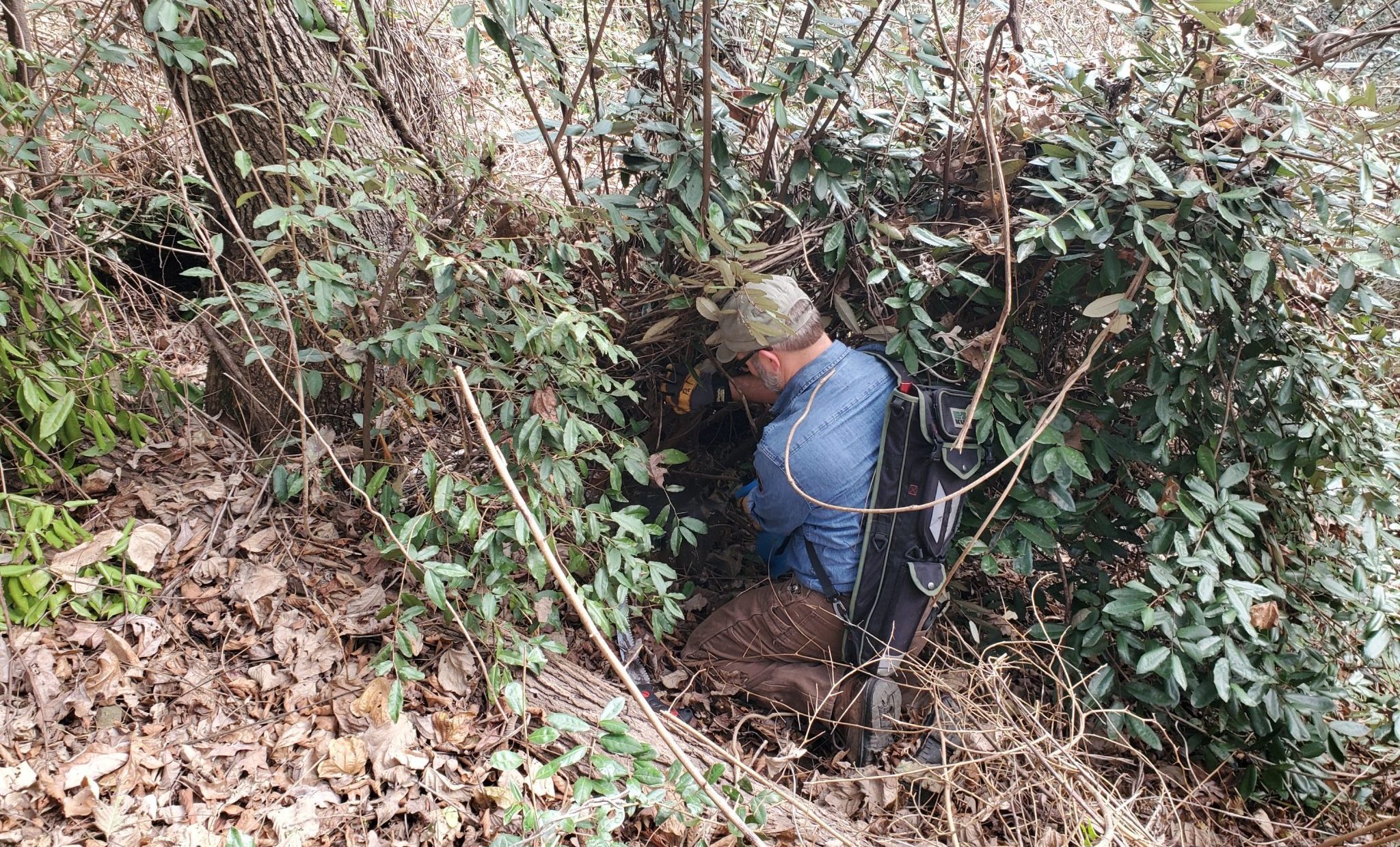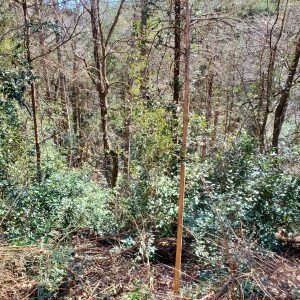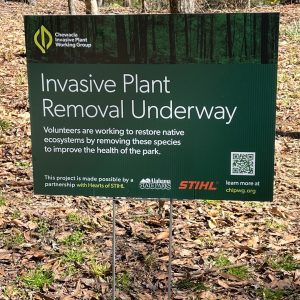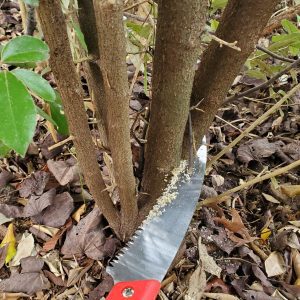Forestry

The Alabama Cooperative Extension System’s forestry, wildlife and natural resources team is proud to highlight the impact that people are making on the environment around them. The team hopes by highlighting these individuals, others will be encouraged to make similar strides in their own communities.
Chewacla Invasive Plant Working Group
One person can make a difference. That is certainly the case with Gary Wagoner, as he works to control invasive plants in his community. This work began with Wagoner looking and finding a few like-minded people and people with experience controlling invasive plants, including Alabama Extension specialists. Soon the Chewacla Invasive Plant Working Group (ChIPWG) was established with the goal of improving and protecting Chewacla State Park’s ecological health by controlling invasive plants. A year and a half later, ChIPWG is an official nonprofit organization, has a working Memorandum of Understanding (MOU) with Alabama State Parks, has received funding through a grant from Lee County Master Gardeners and a Heart of Stihl grant, and has received an Eagle Award from Alabama State Parks.
Through this group, volunteers have logged well over 500 hours of on-the-ground invasive control work. ChIPWG uses a combination of strike-force workdays–which involve a handful of dedicated volunteers–and large community workdays, where 30 to 75 people work on control projects. Through these efforts, many acres have been cleared of thorny olive (Elaeagnus pungens), glossy privet (Ligustrum lucidum), and Chinese tallowtree (Triadica sebifera). Woody plants are treated using primarily cut stump or basal bark treatments. Treatment of woody species is suspended during spring and early summer to avoid disrupting nesting birds. The group relied on Extension specialists to provide guidance on the identification of invasive plants, priorities for control, and the best practices for treatment.
Not daunted by the acres of invasive plants remaining, ChIPWG volunteers are encouraged by what has been accomplished. With the help of like-minded people, one person really can make a difference.
More Information
For more information about this project or ideas on how to start a similar effort, contact Nancy Loewenstein, an Alabama Extension invasive plant specialist, at loewenj@aces.edu. Information is also available on the Alabama Extension Invasive Species section of www.aces.edu.





